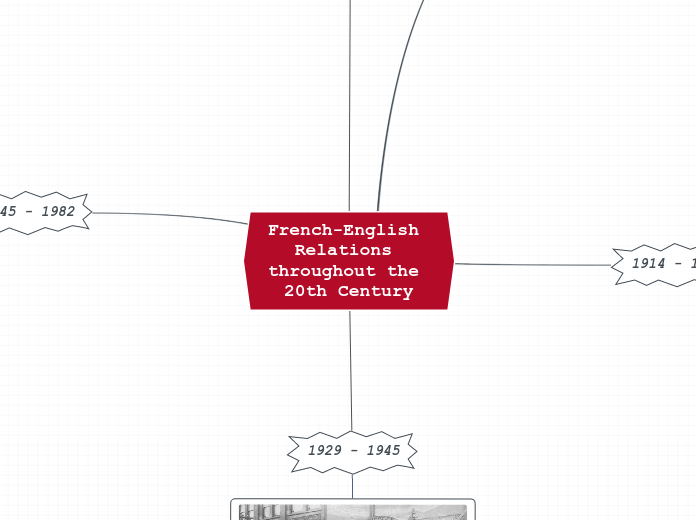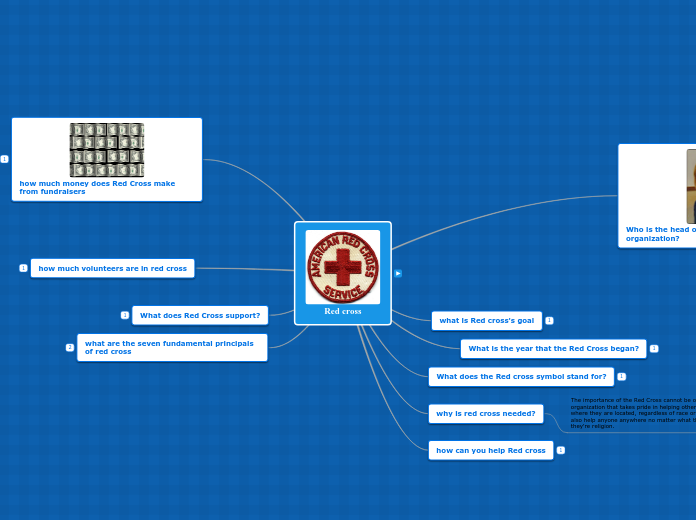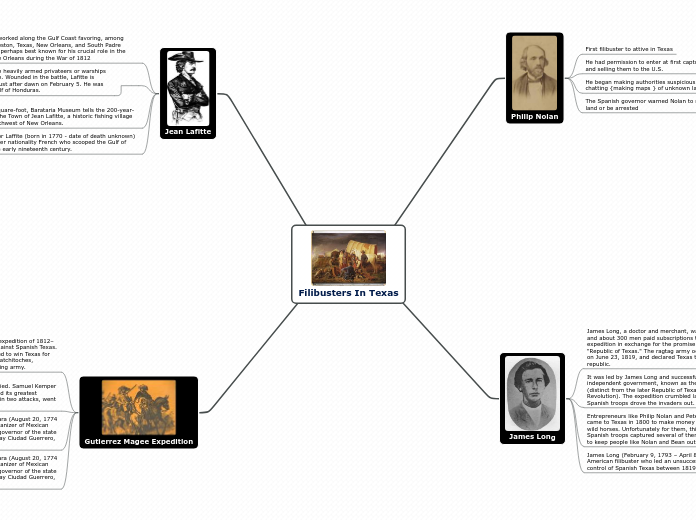作者:HK - 10ZZ - Louise Arbour SS (2642) 4 年以前
656
French-English Relations throughout the 20th Century
Throughout the 20th century, Canada faced numerous significant events that shaped its history. The Military Service Act sparked anti-conscription riots, mandating that all able-bodied men participate in the war effort.









